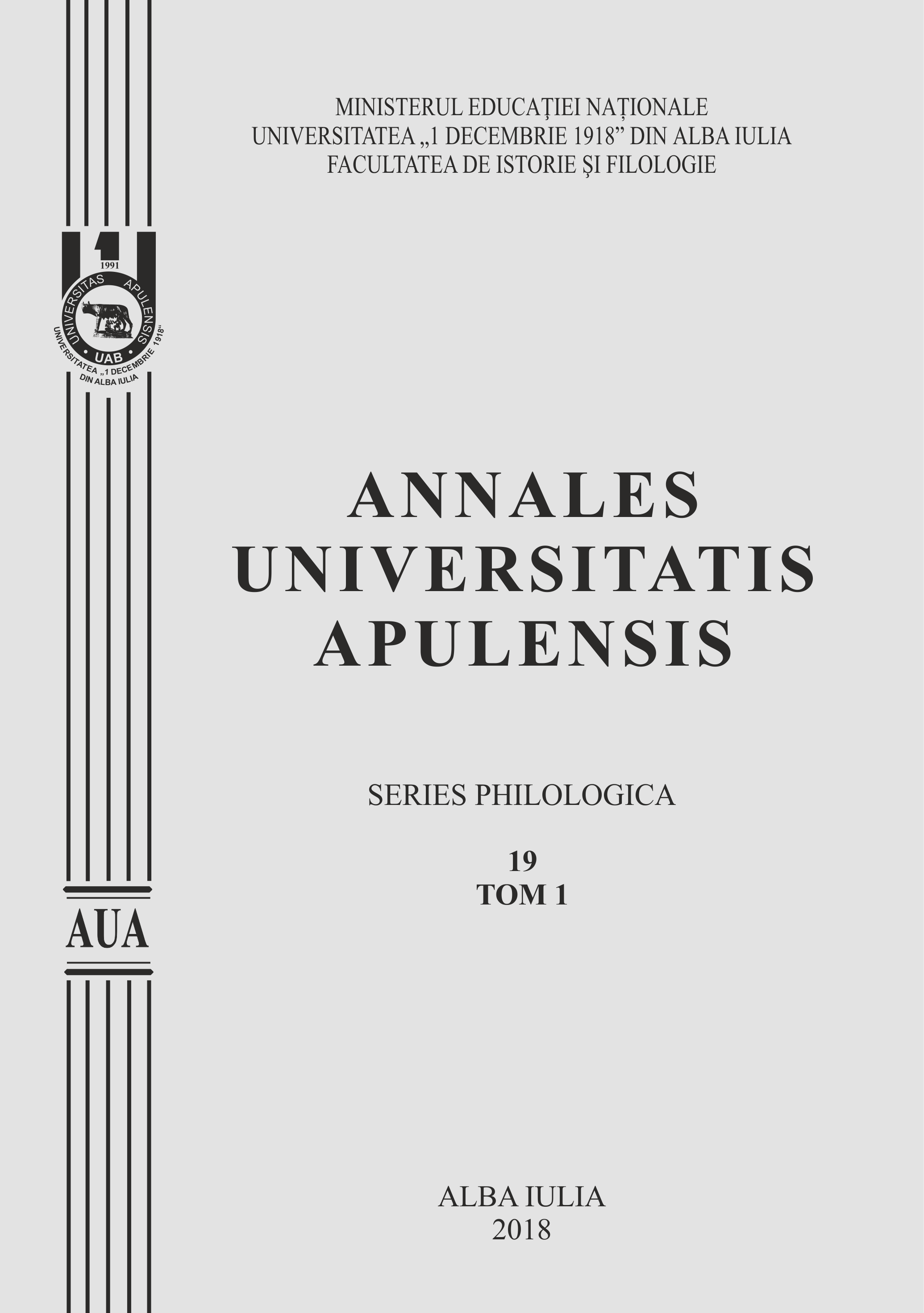CORNEILLE: PARADIGMA GRAŢIEI SUFICIENTE
CORNEILLE: THE PARADIGM OF SUFFICIENT GRACE
Author(s): Lavinia BănicăSubject(s): Language and Literature Studies, Studies of Literature, Comparative Study of Literature, French Literature
Published by: Universitatea »1 Decembrie 1918« Alba Iulia
Keywords: religion; free will; ancient virtues;reason and will; religious consciousness;
Summary/Abstract: Corneille's work is based on a generous and exalting morality, in close connection with the vision promoted in that era by Jesuits. Rational and impulsive, passionate and free, they perpetuate the ideal of an entire age, loving adventurous life, noble passions and honor. But above all, they embody a very nice human type in which all ancient, chivalric and christian virtues are updated. For Corneille, the fact of being classical, both historically and axiologically, proved to be auspicious, his work being subjected with almost manicheist perseverance to restrictive patterns centered on the already obsessive conflict between love and duty, which kept silent the other valences of his dramatic texts.Thus, in the relationship he had with the other great playwright of the century, with Racine, Corneille was often the model that became an anti-model of tragic aesthetics, preferring fatalism and racism pessimism of heroism and cornelian optimism.Corneille's work is characteristic for the first half of the seventeenth century, dominated by the canons imposed by the theoreticians like Malherbe and Chapelain. It is the time when Antiquity is found, but it is trying to avoid servile mimetism of ancient forms and subjects by imposing Aristotelian rules. As author,Racine belongs to the next period, which extends until the 18th century. Her theoretician is Boileau, for which the principle of imitation is not enough. The main originality of Corneille's tragedy, compared to that of Racine (who presents man subjugated by the fatality he carries himself) is the human capacity to build his own destiny. Corneille trusts people, but does not make his characters as superhuman. The sources of this optimistic view of man are found in the various moral currents that circulated in the epoch, among which Neo-Stoicism, Jesuism and Cartesianism had a direct influence on Corneille.
Journal: Annales Universitatis Apulensis. Series Philologica
- Issue Year: 19/2018
- Issue No: 1
- Page Range: 40-44
- Page Count: 5
- Language: Romanian

